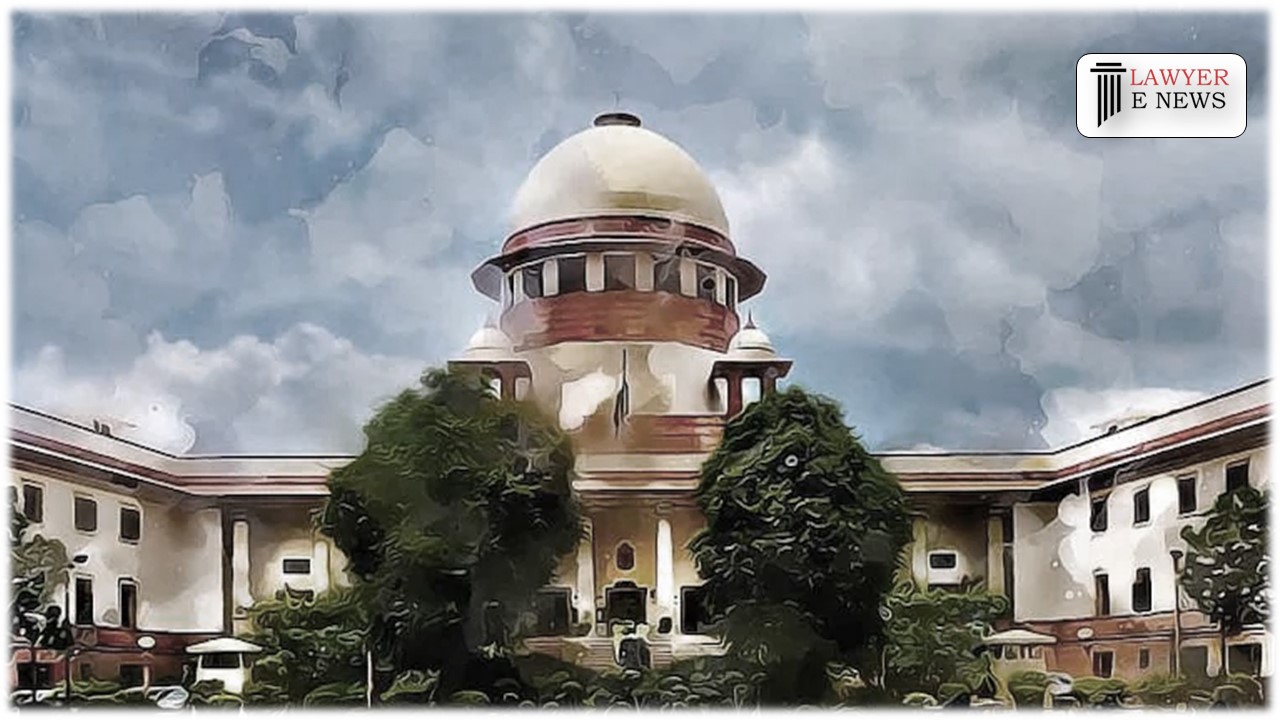-
by Admin
15 February 2026 2:36 AM



In a significant ruling, the Supreme Court of India has ordered a de novo trial in a high-profile rape case, citing substantial procedural violations by the trial court. The apex court found that the accused's right to a fair trial was severely compromised due to an expedited process that neglected adequate representation and consultation.
The case involves an accused charged under Section 376AB of the Indian Penal Code (IPC) and Section 4 of the Protection of Children from Sexual Offences (POCSO) Act, 2012. The trial court had sentenced the accused to death, a decision later set aside by the High Court, which ordered a fresh trial.
The Supreme Court highlighted several critical lapses, including the failure to comply with procedural safeguards outlined in Sections 207, 226, 227, and 230 of the Criminal Procedure Code (CrPC), 1973, and the Witness Protection Scheme, 2018. The court observed that the accused was not given sufficient time to consult with his lawyer and that the trial was conducted in an undue haste, undermining the fairness of the proceedings.
Furthermore, the Supreme Court undertook a comparative analysis of sentencing policies from Canada, New Zealand, and the United Kingdom. It emphasized the need for India to establish a comprehensive sentencing policy to ensure uniformity and fairness in sentencing. The court recommended that the Government of India consider forming a Sentencing Commission to develop such guidelines and directed the Union of India to file an affidavit on the feasibility of this initiative within six months.
The court's decision underscores the importance of a balanced and fair trial process, especially in cases involving serious charges. It also reflects a growing recognition of the need for standardized sentencing practices to enhance the credibility and consistency of the criminal justice system.
Key Points from the Judgement:
Procedural Violations:
The trial court conducted proceedings in haste without adequate representation and consultation for the accused.
Significant non-compliance with procedural safeguards under the CrPC and the Witness Protection Scheme was observed.
The High Court's decision to order a de novo trial was upheld due to these procedural flaws.
Sentencing Policy:
Comparative analysis of sentencing practices from Canada, New Zealand, and the UK was conducted.
The Supreme Court recommended the establishment of a comprehensive sentencing policy in India.
The Government of India was directed to consider forming a Sentencing Commission and to respond within six months.
Trial Directions:
The trial court was instructed to comply with the POCSO Act, 2012, while recording the evidence of the victim.
The trial court was urged to conduct and complete the trial expeditiously.
This landmark ruling not only addresses the immediate need for a fair retrial in the present case but also sets the stage for significant reforms in India's sentencing framework, aiming for a more just and consistent criminal justice system.
Date of Decision: 17th May 2024
INFORMANT VS STATE OF KERALA .
